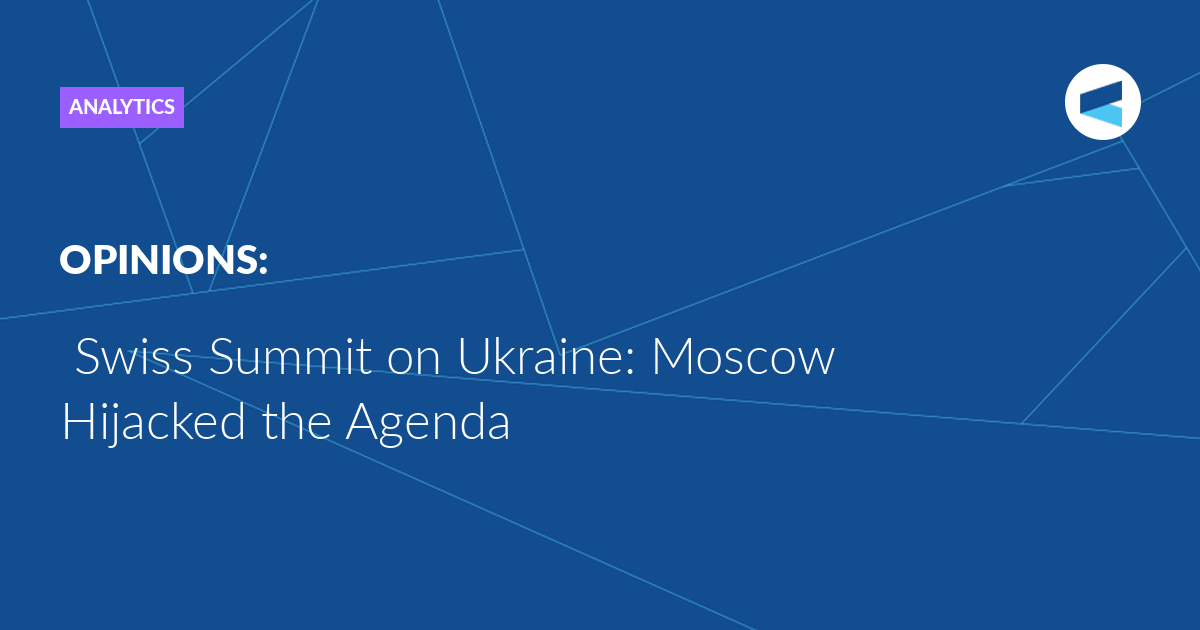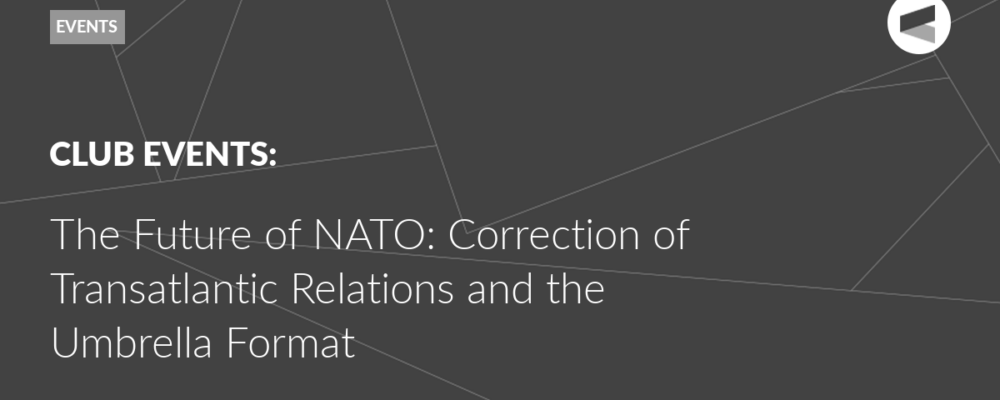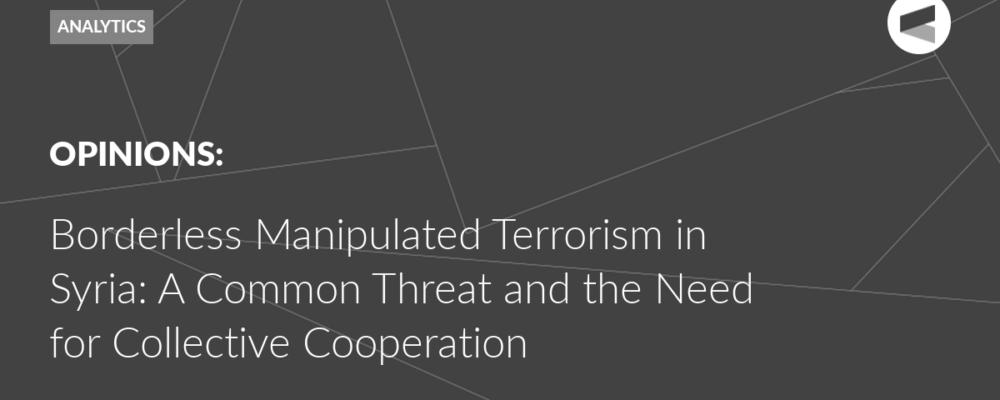This scenario is quite likely, especially if Russian troops are successful. There are prerequisites for success. The Russian army has clearly seized the initiative and is increasing pressure along the entire front line, expanding it in new directions. It is also important that the Russian proposals clearly look closer to current realities than the “Zelensky plan.”
The fact that Vladimir Putin revealed the essence of proposals for security in Eurasia also played its role. Previously, the idea was voiced in general terms in the President’s Address to the Federal Assembly. Its contours began to emerge more clearly during Russian Foreign Minister Sergei Lavrov’s visit to China, and then during the Russian president’s visit to China. At the same time, many questions remained about the specifics of the idea. Speaking at the Russian Foreign Ministry, President Putin gave a number of new explanations. Among them is the openness of the system to all participants, including European ones, and the exclusion of non-regional players from it, especially the USA. You can argue as much as you like that these proposals are unlikely to be acceptable to Washington and its European allies. The important thing is that Russia comes up with its own initiative and proposes a system in which the principle of equal and indivisible security will be implemented. Here Russian proposals are directly related to the Ukrainian conflict. The European security system has failed to ensure the principle of equal and indivisible security. The Ukrainian conflict was a direct consequence of its defects. It is unlikely to be resolved solely by an agreement on relations between Russia and Ukraine. The list of issues is much longer and requires the creation of new rules of the game for all regional forces. They can be secured in the new security system.
It is clear that it must be built on the basis of the UN Charter. But experience shows that the Charter can be interpreted in different ways, leading to a dead end in any negotiations. This means that a more precise system of coordinates is required, which would be built on the basis of the Charter, but would exclude manipulations with its interpretations in relation to specific security issues in Eurasia. The Swiss summit stated the need to implement the UN Charter. Russian proposals go further and involve the creation of a new security system.
The bottom line is that the summit in Switzerland ended with a quite unclear document, which actually contains no algorithm for resolving the conflict in Ukraine. The helplessness of the document was probably another reason why major players distanced themselves from it and from participation in the Summit itself – why waste political capital on an obviously fruitless initiative? Russia, on the contrary, has come up with specific and clear proposals. Their implementation is hardly possible here and now. But the very fact of forming guidelines and an agenda for the future can be recorded as a Russian asset.
The Valdai Discussion Club was established in 2004. It is named after Lake Valdai, which is located close to Veliky Novgorod, where the Club’s first meeting took place.
Please visit the firm link to site






